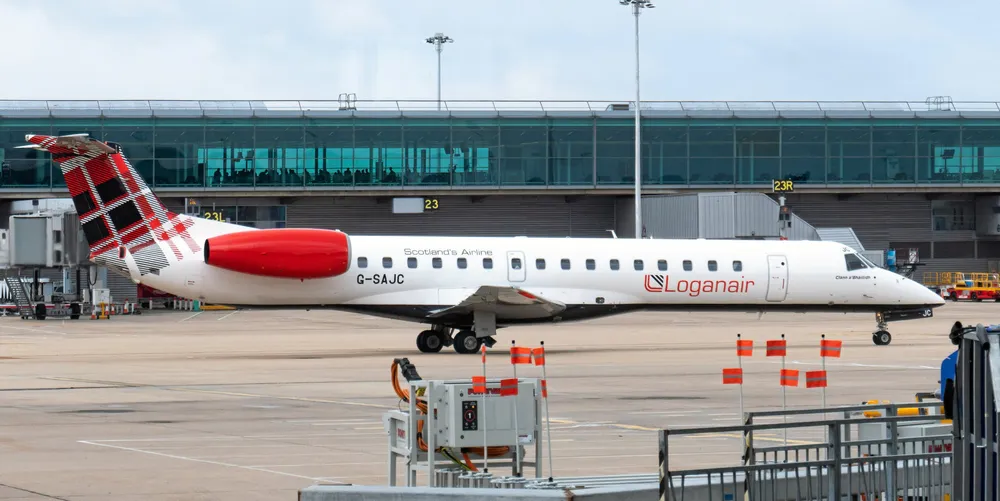'Ensure aviation's future': Edinburgh airport teams up with Orsted for offshore wind-to-hydrogen plan
Early stage cooperation inspired by Green Fuels for Denmark project led by Danish utility involving Copenhagen Airport

Early stage cooperation inspired by Green Fuels for Denmark project led by Danish utility involving Copenhagen Airport
